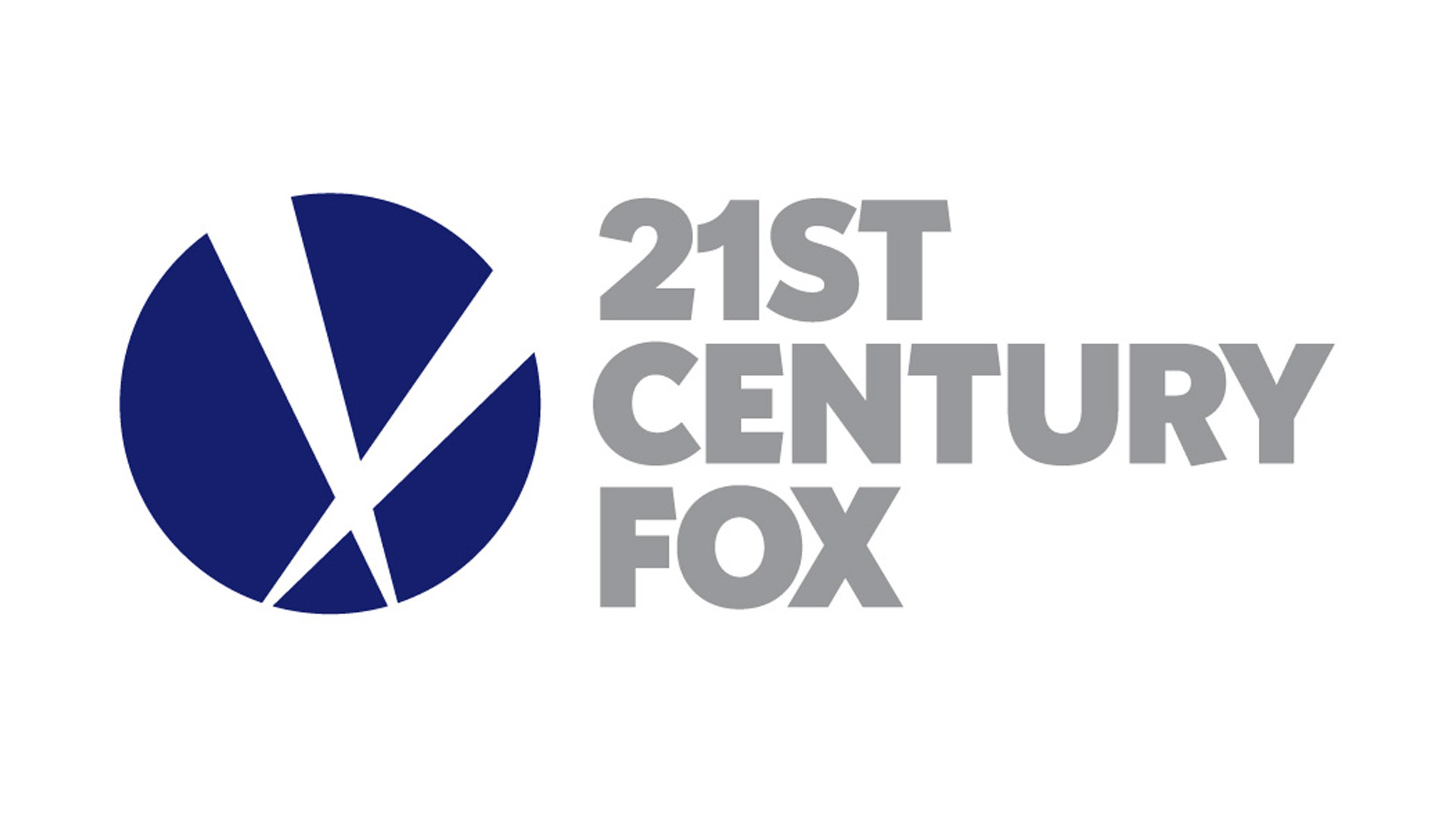By Salim Garami

What's good?
Earlier this month on the 6th of November, there had been rumblings of a potential deal between The Walt Disney Company and 21st Century Fox with the former acquiring the latter. Not wholesale, though. Allegedly off the table were certain television networks such as Fox Broadcasting Company, Fox News, Fox Television Stations, and Fox Sports. But the majority of the media and entertainment spin-off from Rupert Murdoch's News Corporation - including and especially the movie studio 20th Century Fox - were close to purchase by the biggest mass media conglomerate in the world save for Comcast, one that's already in middle of its notorious expansions and seizings of the likes of Marvel, ESPN, and LucasFilm...
Later that day, it was reported that the talks had ceased for the time being but not entirely fell through, a brief respite from this Thursday's (16 November) reports that now further media conglomerates were looking to purchase 21st Century Fox's assets - Comcast, Verizon Communications, and Sony (whose very own in-house Sony Pictures just won distribution rights to Quentin Tarantino's latest production).
I can't speak to everyone who reads about this, but to yours truly, I find this potential turn of events upsetting regardless of whoever ends up winning the bidding war. In any particular case, save for maybe Verizon (which has not entirely dipped its hand into the film industry or broadcast beyond the short-lived internet streaming channel Yahoo Screen!), the purchase of 21st Century Fox feels like one step closer to monopoly and antitrust in the world of media. Particularly in the film industry, the one where my heart is most set on and the artform maybe more reliant on the flow of money unfortunately than any other artform in existence.
Certainly, Comcast and Sony are overwhelming presences in media and already have a very firm footing in the Big 6 Hollywood Majors, with their respective control of Universal Studios and Sony Picture Groups (which includes the Columbia Pictures) respectively. While their purchase of 21st Century Fox doesn't feel as imperial as Disney's potential acquisition (and given that Comcast eclipses Disney, there's not reason it shouldn't feel so), this would create a wide shift in power in the industry the likes of which haven't been seen since possibly MGM's purchase of United Artists' in the 1980s. Suddenly, two of the biggest studios in the central hub of the entire film industry is going to be subject to potential conflict of interest. There might be a complete rehaul in business practices that only leaves the artistic output possibly ending up much less distinct.
This is unfortunate to me. There would be less variety in art, less opportunities for the industry, less opens doors and ears for the artist themselves. The idea of one of the oldest and most historical studios in Hollywood turning over to another studio's control overnight at best, liquidated overall at worst, is simply something I can't bring myself to ignore, even as the world of film goes on beyond it.
One hopes in this situation that rumors remain rumors and that we let dead talks simply lie.
